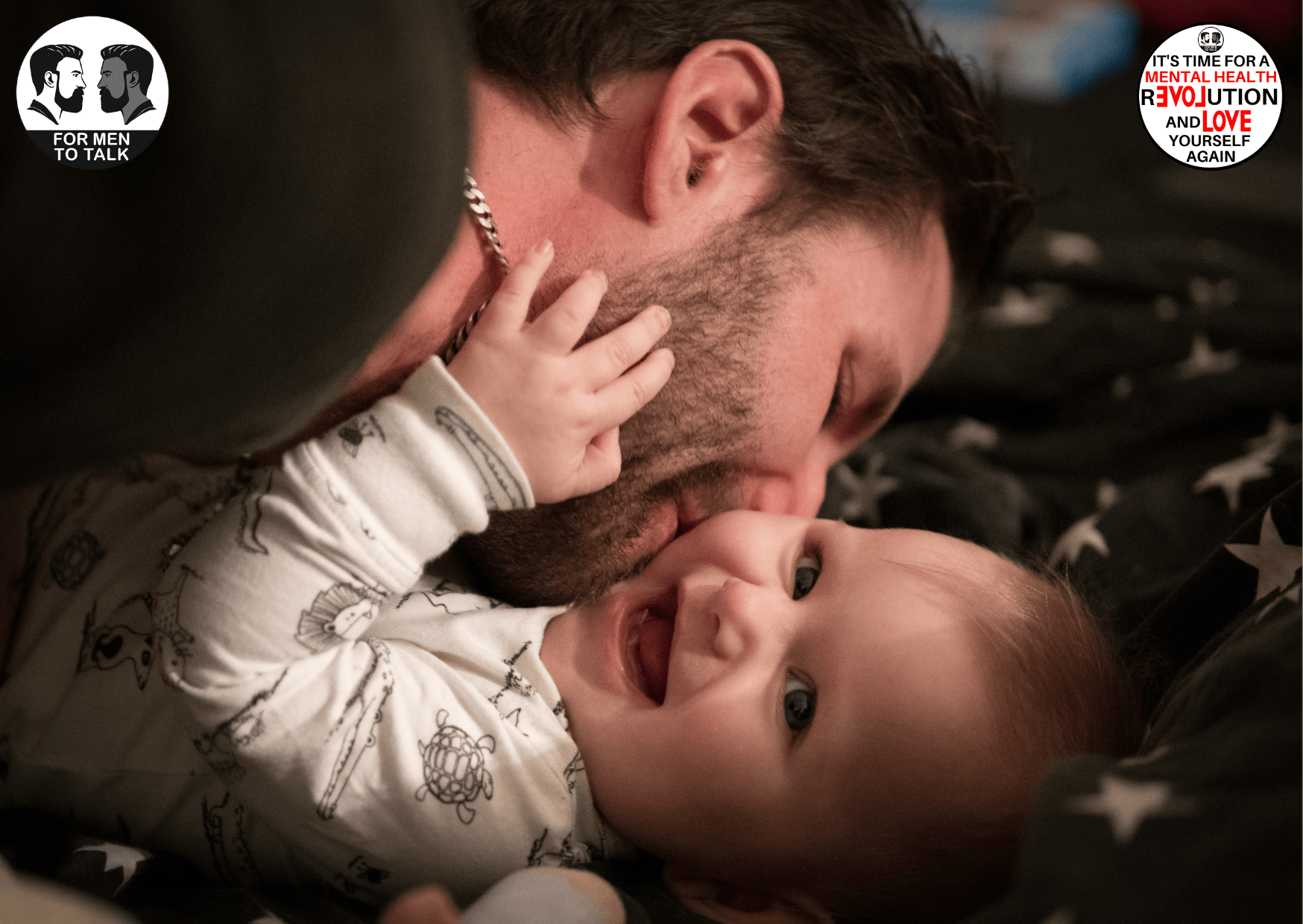Men Parenting, Stay-At-Home Dads and Paternity Leave

In the modern world, traditional gender roles are increasingly being challenged, with men taking on more active roles in parenting and household responsibilities. This shift has brought to light the unique challenges faced by men in these roles, including the pressures of being a stay-at-home dad and the implications of paternity leave on their mental health.
Historically, the role of the father has often been portrayed as that of the breadwinner, with limited involvement in the day-to-day care of children. However, as societal norms evolve, more men are actively choosing to take on caregiving responsibilities, either as stay-at-home dads or through taking paternity leave.
Stay-at-home dads, in particular, often face societal stigma and stereotypes that can impact their mental well-being. The traditional image of the father as the primary provider can lead to feelings of inadequacy and emasculation for men who choose to stay at home to care for their children. Moreover, societal expectations regarding masculinity can make it difficult for men to openly express their struggles or seek support.
Additionally, the lack of representation of stay-at-home dads in media and popular culture can further isolate them, exacerbating feelings of loneliness and alienation. Without a support network of other fathers in similar situations, men may feel like they are navigating uncharted territory, adding to their stress and anxiety.
Paternity leave, while crucial for fostering bonding between fathers and their newborns, can also have unintended consequences for men’s mental health. In many countries, paternity leave policies are less generous compared to maternity leave, leading to financial concerns for men who may feel pressured to return to work sooner than they would like. This can result in feelings of guilt and conflict as men try to balance their desire to be present for their children with the need to provide financially for their families.
Furthermore, the lack of cultural support for paternity leave can contribute to workplace discrimination and career setbacks for men who choose to take time off to care for their children. Fear of judgment from colleagues or superiors may prevent men from fully embracing their role as caregivers, leading to internalised stress and self-doubt.
The impact of these challenges on men’s mental health cannot be understated. Studies have shown that men who take on caregiving roles may experience higher levels of stress, anxiety, and depression compared to their peers. Without adequate support systems in place, these mental health issues can manifest in various ways, affecting not only the individual but also their relationships and overall well-being.
It is essential to recognise the importance of supporting men in their parenting roles, whether as stay-at-home dads or through paternity leave. This includes setting straight non-traditional gender roles, providing resources and support networks specifically tailored to men’s needs, and advocating for more inclusive policies in the workplace and society at large.
In conclusion, men parenting, staying at home with their children, and taking paternity leave can have significant implications for their mental health. By acknowledging the unique challenges faced by men in these roles and working to address them, we can create a more supportive and inclusive environment for all caregivers, ultimately benefiting families and society as a whole.